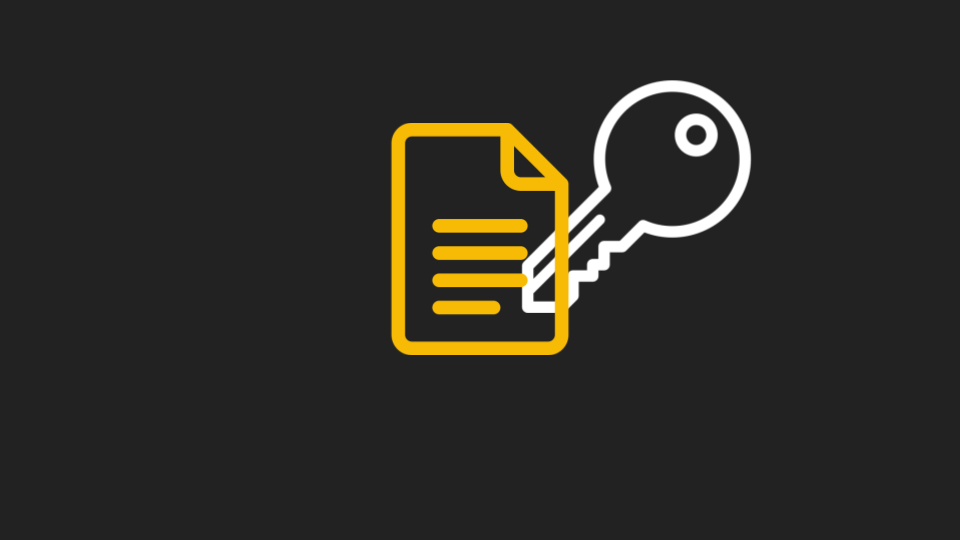Account takeover is a growing concern in the world of email security. Cybercriminals are constantly finding new ways to gain unauthorized access to email accounts, and the consequences can be devastating. Here are 3 reasons why account takeover should be a top priority for organizations:
1. Financial Loss: Account takeover can lead to significant financial loss for individuals and businesses. Once cybercriminals gain access to an email account, they can use it to carry out fraudulent activities, such as making unauthorized transactions or initiating wire transfers. The financial impact can be substantial, with victims often left to deal with the aftermath of stolen funds and the arduous task of recovering their losses.
2. Data Breach: Account takeover can also result in a data breach, exposing sensitive information to unauthorized individuals. Email accounts often contain a wealth of personal and confidential data, including financial records, login credentials, and sensitive business information. Suppose this data falls into the wrong hands. In that case, it can be used for identity theft, corporate espionage, or other malicious purposes. The reputational damage caused by a data breach can be long-lasting and difficult to recover.
3. Email-based Attacks: Account takeover is often used as a launching pad for email-based attacks. Once a cybercriminal gains control of an email account, they can send phishing emails to the account owner's contacts, tricking them into revealing sensitive information or downloading malware. These attacks can spread rapidly, affecting the account owner and their colleagues, clients, and partners. The potential for widespread damage and compromised security is a significant concern.
In summary, account takeover poses a severe threat to email security. It can result in financial loss, data breaches, and the propagation of email-based attacks. However, you can always stay ahead of the game by prioritizing measures to prevent and detect. Not only will this safeguard your organization's data and finances, but most importantly, your reputation.



.jpeg)


